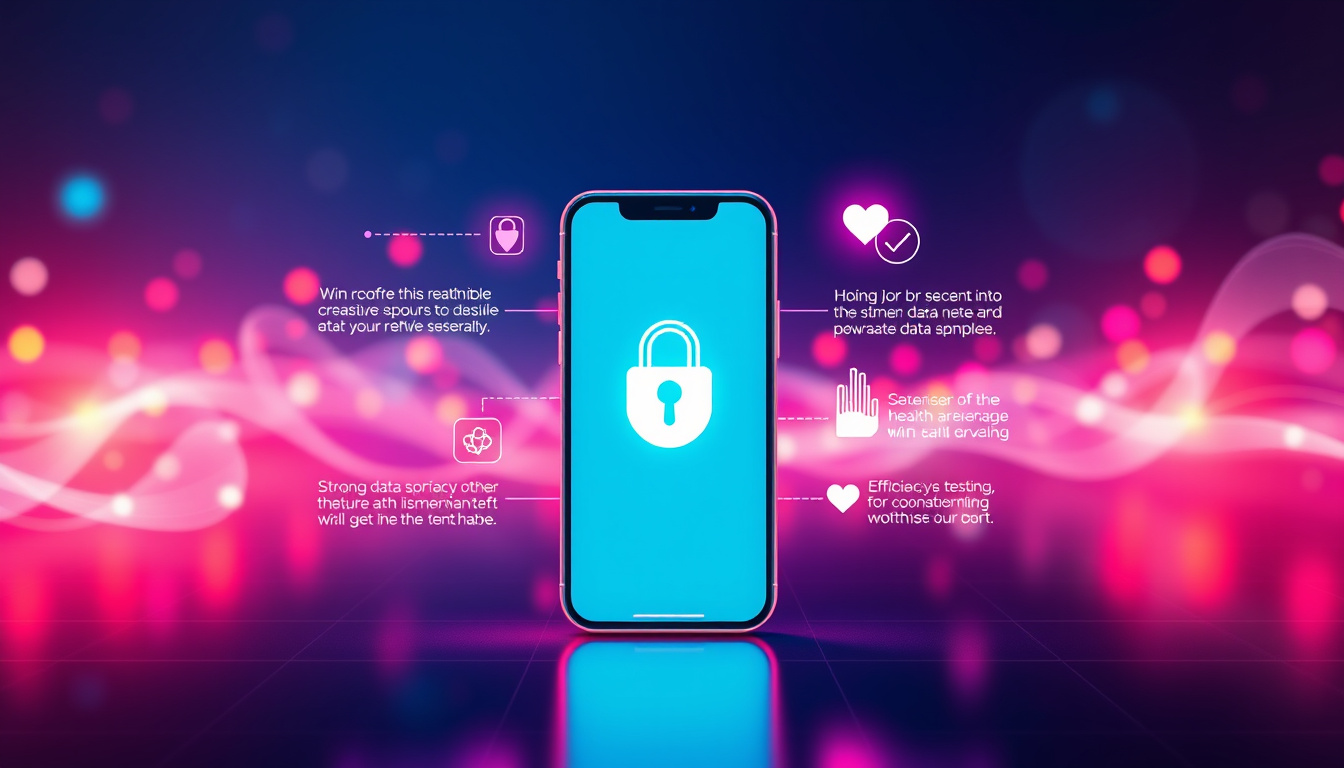Today, healthcare changes fast. Mobile health apps help drive this change. Over 350,000 health apps exist. These apps boost patient care. They also give biopharma executives new ways to grow and work together.

The Rise of mHealth Applications
Mobile health apps work as key tools. They help people track health data on phones, tablets, and other devices. These apps do many tasks. We generally see five groups:
- Clinical and Diagnostic Apps – Apps let doctors meet patients online. They check health and give advice from a distance.
- Guidance and Registration Apps – These apps ease access to care. They make service use simple.
- Pharmaceutical Services – Apps here manage drugs and treatment. They help plan medicine use and disease care.
- Diet and Health Monitoring Apps – Such apps give custom health plans. They promote active care and lifestyle shifts.
- Community and Support Apps – They link people with similar care needs. They build groups that share tips and support.
The COVID-19 crisis showed that mHealth use grew fast. Many surveys report that more than 50% of phone users now use health apps. More people will use them as health systems see better digital care.
Benefits of mHealth for Patients and Providers
Biopharma executives gain much from mobile apps. Consider these clear benefits:
- Accessibility: Patients get health data and ask questions anytime. This link builds more care and trust.
- Data Management: Apps track key details like vital signs. They mark medicine use and health trends in real time. Fast feedback makes care smooth.
- Cost Efficiency: With fewer office visits, apps cut care costs. They also help providers work with less waste.
- Personalization: Big data skills let doctors tailor care to each patient. This match helps care improve.
The Role of Biopharma Executives
Biopharma companies grow by using mHealth tools. They see ways that apps build growth:
- R&D and Drug Development: Apps send data from the real world to labs. Clear feedback helps shape better trials and drugs.
- Patient Engagement: Apps bring companies closer to health users. They boost plan following and give useful hints to improve drugs.
- Market Expansion: Apps reach many groups. They let firms fill new regional needs with care that fits local life.
- Safety Monitoring: Digital tools watch drug effects around the clock. They use reports from patients to ensure safety.
Challenges and Considerations
Even with many gains, mHealth comes with issues:
- Regulatory Compliance: Apps must obey health rules. The care data is very private.
- Data Privacy: Users must feel safe. Strong rules protect their health data.
- Evidence of Efficacy: Many apps need proof by tests. Skipping tests may cause risk.
Conclusion
Mobile health apps change care forever. They give biopharma leaders a way to boost work and care. By using these tools, companies improve care, cut waste, and edit their market plan. Healthcare grows more mobile each day. Adaptation means success in this new time.
